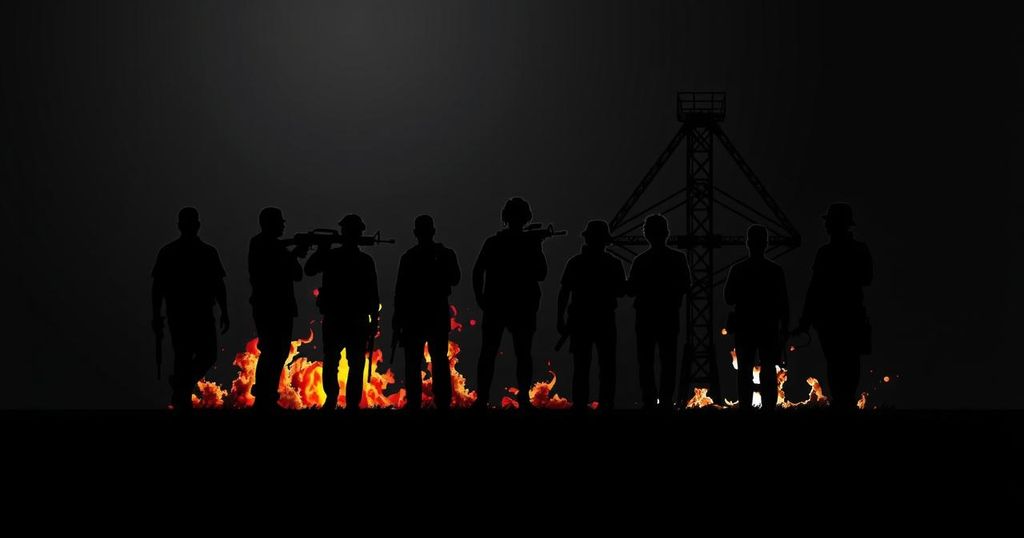Benin’s Potential Deployment Delayed Over Command Structure Disputes in Haiti Security Mission
Summary
Benin, a key partner in the multinational security mission against Haiti’s gangs, has paused its troop deployment due to concerns over command structure, insisting on a military-led operation rather than a police-led one. Foreign Minister Shegun Adjadi Bakari emphasized the need for military personnel to lead the mission, highlighting the complexities surrounding the support of Haiti amid escalating violence.
The West African nation of Benin, poised to significantly contribute to the multinational security mission combating violent gangs in Haiti, has recently placed its deployment plans on hold. Initially pledging to send between 1,500 and 2,000 troops, Benin has expressed concerns regarding the command structure of the mission, particularly debating whether military or police personnel should lead the effort to stabilize Haiti ahead of elections. Benin’s Foreign Minister, Shegun Adjadi Bakari, emphasized the necessity of a military-led initiative, arguing that “Haiti needs is not a police mission. We believe that we need a military mission in Haiti to fight against gangs, restore the security in the country and restore the stability, which is a prerequisite for any election.” Benin’s involvement is deemed crucial, especially considering its shared language with Haitians, as the island nation seeks to dismantle armed gangs that have proliferated amidst escalating violence. While there have been contributions from other nations, such as Kenya sending police officers, concerns persist regarding the effectiveness of police in a scenario characterized by armed conflict. The command structure, in which military personnel would operate under police authority, has been a significant impediment to Benin’s decision to deploy its troops. Minister Bakari stressed the need for military leadership: “You cannot ask the military to be led by policemen… You need the military to command military people.” Despite these setbacks, Benin remains committed to supporting Haiti and is slated to meet with U.S. Secretary of State Antony Blinken to discuss their concerns and reinforce their readiness to contribute to the mission, contingent upon favorable command directives and sufficient financial backing from international partners. Furthermore, the United States has played a pivotal role in the funding and organization of this mission but faces ongoing challenges in securing adequate resources to support these deployments. The anticipated transformation of the current mission into a formal U.N. peacekeeping operation aims to provide a more sustainable funding model designed to enhance the mission’s capabilities to address the growing threats in Haiti.
The situation in Haiti has deteriorated as armed gangs increase their control over the capital, leading to widespread violence and instability. In response to this crisis, the international community, including nations such as Benin, has mobilized to support Haiti’s national police. The recent discussion about troop deployment by Benin highlights critical issues regarding the operational approach to handling the gangs—whether a police-led or military-led mission is more appropriate. As the context involves geopolitical dynamics and various nations’ commitments, Benin’s position underlines the complexities of international collaborations in security efforts.
In conclusion, while Benin’s potential contribution to the multinational security mission in Haiti represents a significant commitment, the concerns regarding command structure and operational effectiveness remain unresolved. The need for a military-led approach as articulated by Benin’s Foreign Minister illustrates a fundamental disagreement in strategies between nations involved in this mission. As discussions with U.S. officials continue, it is imperative that foundational issues regarding leadership and management in the mission are addressed to ensure effective support for Haiti.
Original Source: www.miamiherald.com








Post Comment